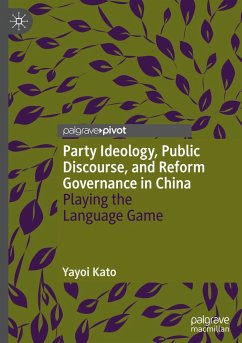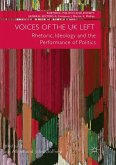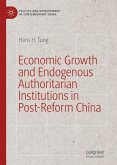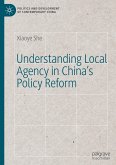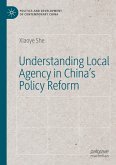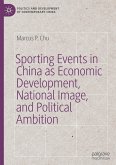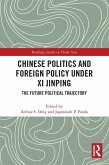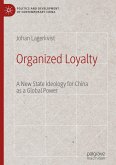This book analyzes the operational dimension of the Chinese communist party's ideology and reveals the complex relationship between ideology, language, governance, and political power in the broader context of China's economic reforms. The book questions state-centric, legitimacy-focused, and content-based approaches to party ideology and analyzes its practice. Conceptualizing public discourse as a 'language game' played by the rules set by the party, the book examines how party ideology is operationalized by multiple state and non-state actors as political rhetoric for persuasion in contentious reform discourses. Through the case studies of the policy discourses over state-owned enterprise reforms under Deng Xiaoping, Jiang Zemin and Xi Jinping, the book highlights ideology's double-edged operational functions (consensus-inducing and conflict-inducing) and claims that ideology can be a double-edged sword for rulers: It is a vital resource to legitimate and sustain their rule; yet, itpotentially destabilizes their rule as well. The book proposes new angles to study ideology, legitimacy, and governance and is aimed at political scientists who study authoritarian governance, policy process, and political communication. Its multi-disciplinary approach also appeals to sociologists, media/communication scholars, and linguists who work on rhetoric, political language, and media discourses.
Bitte wählen Sie Ihr Anliegen aus.
Rechnungen
Retourenschein anfordern
Bestellstatus
Storno

